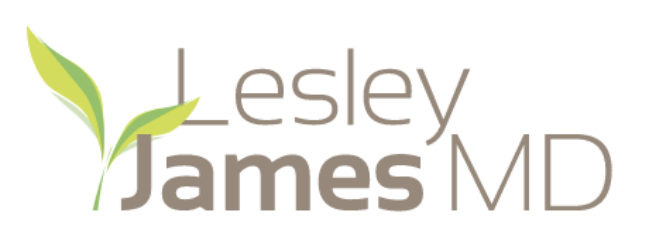In recent years, I have dedicated more and more time to debunking health misinformation spread by influencers. The significance of health literacy and evidence-based information has never been more crucial.
Understanding Health Literacy
Health literacy refers to the ability to access, understand, and use health information to make informed decisions about one’s health. It plays a vital role in navigating the complex world of health and wellness.
Learn more about health literacy on the CDC website.
Health and wellness influencers have gained significant followings by creating content on various topics, including nutrition, fitness, and general health advice. However, it is important to note that these influencers often lack formal qualifications beyond their number of followers and engagement. While health misinformation is not a new phenomenon, what sets it apart today is the speed and reach at which it spreads. Studies have shown that more than 70% of Americans have been exposed to medical or health-related misinformation, with 82% of it originating from social media platforms.
There are several main issues associated with health influencers:
1. Fostering Mistrust
We live in a society with low levels of trust, where confidence in expertise is often fragile. Influencers frequently take advantage of this by positioning themselves as authentic and accessible, presenting alternative perspectives that erode trust in evidence-based practices.
2. Harmful Impact
Misinformation in the health and wellness realm is more than just an annoyance. Following dubious advice can lead to tangible harm, and there are dire consequences when necessary care is delayed or avoided. Additionally, the rise of eating disorders linked to influencers and the excessive use of social media is a concerning trend that needs attention.
3. Predatory Behavior
Unfortunately, vulnerable populations are often exploited by influencers, including cancer patients, young adults, children, and individuals with low health literacy. One striking example involves an influencer who fabricated a cancer diagnosis and claimed to have cured it through diet and alternative medicine. Such deceptive practices are deeply troubling.
4. Lack of Expertise
It is alarming to witness patients seeking advice from influencers without any medical training. Mistrust in medical expertise has been growing, even prior to the pandemic, contributing to the willingness of individuals to rely on non-experts for healthcare guidance.
5. Hidden Agendas
Despite some erosion of interest and trust in influencers, influencer marketing remains a multi-billion dollar industry. It is important to question the underlying motives behind the information being shared. Is the evidence purely anecdotal? Does the information aim to create fear, confusion, or division? Understanding these agendas can help identify reliable sources of information.
To navigate the world of misinformation or disinformation, consider the following:
- Evaluate if the information seems too good to be true.
- Assess whether the evidence presented is purely anecdotal.
- Question whether the information aims to create fear, confusion, or division.
- Uncover the underlying agenda, such as selling a product, book, or membership.
A good place to start is this guide for how to find reliable health information online: National Institute on Aging.
Approach health-related content with a healthy dose of skepticism, conduct your own research, and discuss any concerns with your healthcare provider.
Remember, your health and well-being are too important to be influenced by misinformation.
Further Reading
Here are some additional resources for further reading on the topics discussed in this blog post:
- Medical Misinformation
- Communicating Health Literacy
- Para Social Relationships, social media and well-being
- Adolescent Peer Influence on Eating Disorders via Social Media: Scoping Review
- Selling Health and Happiness How Influencers Communicate on Instagram About Dieting and Exercise: mixed methods research
- Social Media’s Influence on Adolescents Food Choices: a mixed study systematic review
- Stop Taking Health Advice From Social Media Influencers
- Wellness and Fitness Influencers
- Influencer Content Hurting Mental Health
- Communication of Nutrition Information by Influencers on Social Media: A scoping review
- Survey of Nutrition Knowledge of Kuwaiti Health Influencers in Social Media
- Social Media and Ethical Considerations
- Analyzing Credibility of UK Social Media Influencers Weight Management Blogs: A Pilot Study
- The Contribution of Social Media Addiction to Adolescent LIFE: Social Appearance Anxiety
- Interrogating the Pill: Rising Distrust and the Reshaping of Health Risk Perceptions in the Social Media Age
- The Scandal that Should Force Us to Reconsider Wellness Advice from Influencers
- Patient Influencers: The Next Frontier in Direct-to-Consumer Pharmaceutical Marketing
- Social Media Influencers: Regulations and Ethical Considerations
- Facebook’s Meta and Cancer Treatment Ads: Misinformation
- Can We Trust Healthcare Influencers on Social Media?
- Influencers and Eating Disorders
- Why Patient Influencers Are Worrying Medical Experts
- When Celebrities and Influencers Talk Health
- Influencer Marketing Statistics
Feel free to explore these resources to gain a deeper understanding of the topics discussed in this blog post.


